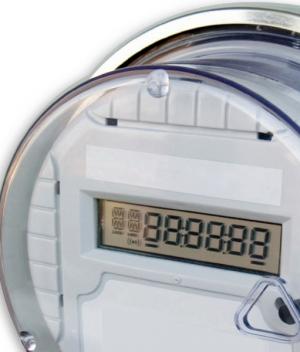Providing reasonable options for customers who object to smart meters.
Steve Hadden (Stephen.C.Hadden@ saic.com) is managing consultant at SAIC.
Public policy and substantial technical work support the premise that smart grid will produce many benefits for modern society. One way to describe smart grid is to say that it better manages the delivery of electric energy to improve efficiency and reliability. The old adage applies: “You can’t manage what you don’t measure.” Smart meters that measure electric energy flow are therefore one foundational element of most smart grid initiatives.

Of the several ways to communicate with a smart meter, radio has emerged as a dominant choice during the past decade because it’s economical and effective, and because it amply serves current needs while preserving the opportunity to do things that might become valuable in the future. But some people are concerned about smart meters for two reasons:
• Health: Smart meters with radios in them produce low-level radio emissions. The human health consequences—if any—of low-level radio emissions aren’t definitively known.
• Privacy: No matter what communication method is used, the meter data could potentially be misused to reveal private information about the energy customer, to the disadvantage of that customer.
